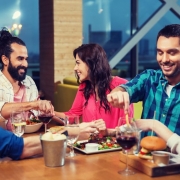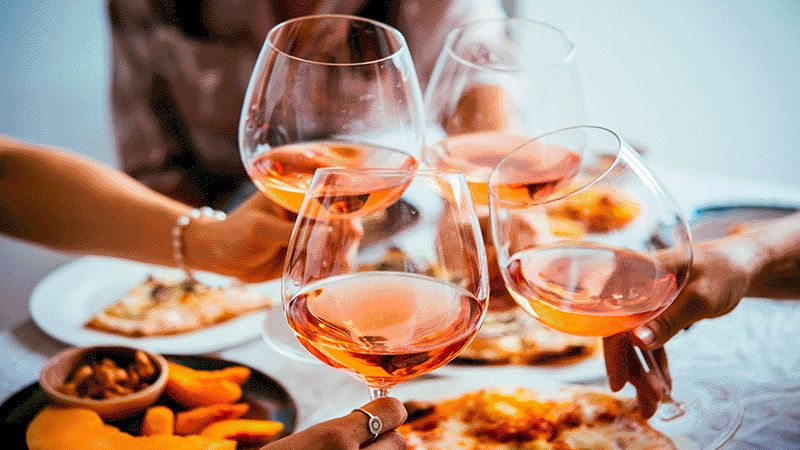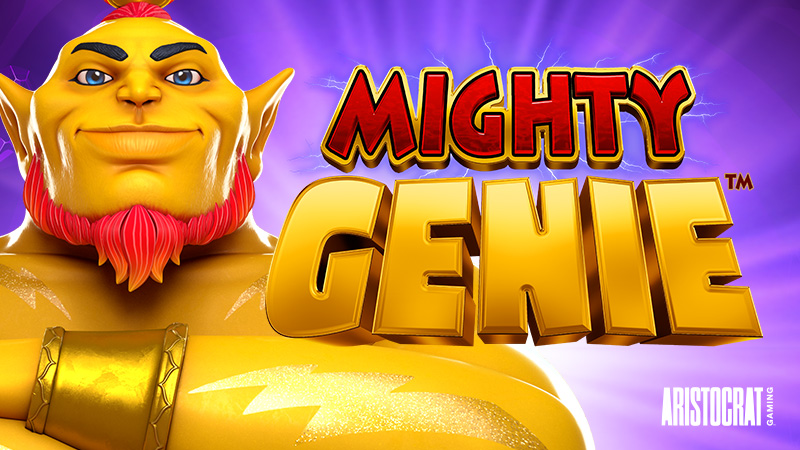TROUBLE IN THE CRAFT BEER INDUSTRY
After a decade-long craft beer boom, more than a dozen independent breweries across the country have been pushed to the brink of insolvency in the past 12 months.
Some, like Red Lion Brewery in regional Victoria, have shut up shop entirely. Others, like Wayward Brewing Company in Sydney, have pushed on with a restructuring plan, cutting up to a third of their workforce to break even. And still more await their fate, like Melbourne-based brewery Hawkers.
Hawkers co-founder Mazen Hajjar is frustrated as he describes the “all-out assault” on the industry since the end of the pandemic.
Many challenges, like slowed consumer spending (down 10.2 per cent between December and January) and inflated prices for electricity and transportation, are not unique to craft brewers.
“But many are,” Hajjar says. Beyond the rising cost of key ingredients like malt and hops (each up around 50 per cent since 2020), there are costly regulatory requirements and, most significantly, a hefty alcohol (excise) tax which rises bi-annually alongside inflation.
For Hawkers, that means a carton of their award-winning West Coast IPA now costs about 23 per cent more to make than it did in 2018, and 45 per cent of that cost is tax. Less than half of the increase has been passed onto consumers.
The price is higher again for breweries that put off repaying their tax bill over the COVID-19 period, as they waited for a strong market recovery that failed to eventuate.
Mid-size breweries relying on wholesale distribution into pubs, clubs and liquor stores have been hit hardest.
Despite an ACCC inquiry in 2017 that refuted claims foreign-owned brewing giants Carlton United Breweries (CUB) and Lion Pty Limited (Lion) used exclusivity contracts and cash incentives to lock craft brewers out of beer taps in pubs and clubs, allegations continue.
Lethbridge claims the big two have used their market power to secure “at least 85 per cent” of beer taps across the country and negotiate preferential treatment in national liquor retailers.
But it is “craft washing” that is of key concern, as major retailers Coles and Endeavour Group introduce home-brand products offering the sought-after craft beer aesthetic at cheaper prices. A spokesperson for Endeavour told Good Food their range of craft beer at Dan Murphy’s and BWS stores increased significantly from 350 craft beer products to more than 1500 across 1000 brands over the past decade.
For many independent craft breweries, a strong, onsite hospitality offering is the way forward.
“Our profit margins are highest when we sell our beer at our own venues,” says Range co-founder Gerard Martin.
“We knew the economy was starting to feel the pressure, and there was uncertainty about how it was all going to go, so we chose to shift our business sideways into hospitality and design venues where our beer was at the forefront.”
Read the full story here >>> Australia craft beer industry in trouble after ‘alarming rate’ of closures (smh.com.au)












